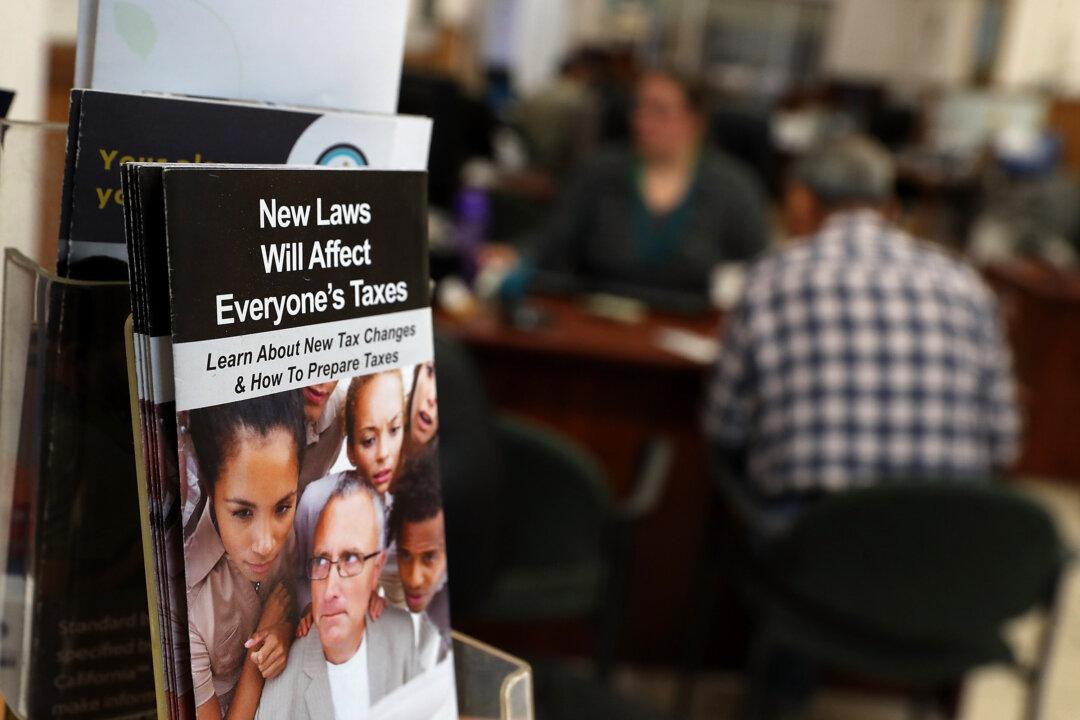California hasn’t seen a change to its property tax process in over 40 years since the passing of Proposition 13, an amendment to the California constitution, which in part established a required two-thirds voter approval for local and state governments to raise special taxes or to pass a bond measure to tax residents.
Now that may change with a new ballot measure, a result of the now-passed ACA1 authored by Assemblywoman Cecilia Aguiar-Curry (D-Winters), which would lower the required voter-approval threshold to 55 percent statewide for taxes aimed at generating revenue for affordable housing and for public infrastructure projects, like parks, libraries, police and fire stations or any public building.





